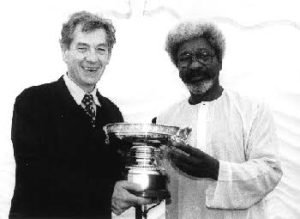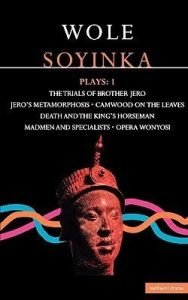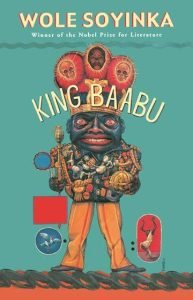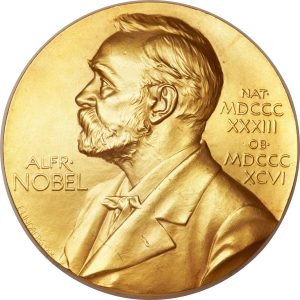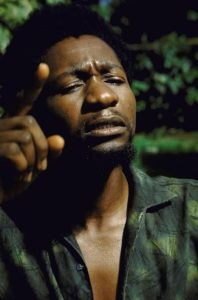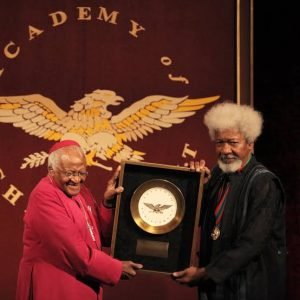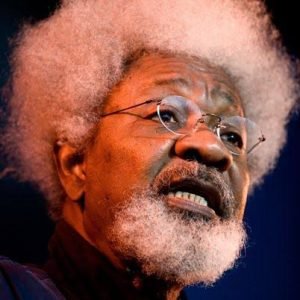Wole Soyinka a Nigerian writer, made history in 1986 when he became the first African to win the Nobel Prize in Literature. He is widely regarded as one of the most influential and original voices in contemporary African literature, as well as a courageous defender of human rights and democracy.
Soyinka was born in 1934 in Abeokuta, a town in southwestern Nigeria that was then under British colonial rule. He grew up in a rich cultural environment, surrounded by the traditions and stories of the Yoruba people, one of the largest ethnic groups in Africa.
He attended local schools and then went to study at the University of Ibadan and the University of Leeds in England. He also worked as a dramatist and director at the Royal Court Theatre in London.
Soyinka’s literary career spans over six decades and covers various genres, including drama, poetry, fiction, memoir, and criticism.
He has written over 30 plays, many of which explore the themes of colonialism, post-independence conflicts, corruption, oppression, and violence.
Some of his most famous plays are The Lion and the Jewel (1959), A Dance of the Forests (1960), The Trials of Brother Jero (1960), Death and the King’s Horseman (1975), and A Play of Giants (1984).
He has also published several collections of poems, such as Idanre and Other Poems (1967), A Shuttle in the Crypt (1972), Mandela’s Earth and Other Poems (1988), and Samarkand and Other Markets I Have Known (2002). His novels include The Interpreters (1965) and Season of Anomy (1973), while his memoirs include The Man Died (1972), Aké: The Years of Childhood (1981), Ibadan: The Penkelemes Years (1989), You Must Set Forth at Dawn (2006), and Of Africa.
The Nobel Prize is a prestigious award that is given annually to people who have made outstanding contributions in the fields of physics, chemistry, physiology or medicine, literature, peace, and economics.
The prize was established by the Swedish inventor and industrialist Alfred Nobel, who left his fortune for this purpose in his will. Each Nobel Prize consists of a gold medal, a diploma, and a sum of money that varies depending on the income of the Nobel Foundation. The prize is widely regarded as the most prestigious award in the world.
Wole Soyinka was awarded the prize “who in a wide cultural perspective and with poetic overtones fashions the drama of existence”.
Soyinka’s works are influenced by both the Yoruba culture of his native Nigeria and the Western traditions of classical and modern drama.
Soyinka is not only a writer but also a social critic and an activist. He has been involved in various political movements and causes, both in Nigeria and abroad.
He has spoken out against military dictatorships, ethnic violence, religious fundamentalism, censorship, and human rights violations.
He has also advocated for democracy, cultural diversity, environmental protection, and pan-African solidarity. He has faced persecution, imprisonment, exile, and death threats for his outspoken views.
He has also received numerous honors and awards for his contributions to literature and society, such as the Benson Medal from the Royal Society of Literature (1990), the Academy of Achievement Golden Plate Award (2009), the Anisfield-Wolf Book Award for Lifetime Achievement (2012), and the Europe Theatre Prize – Special Prize (2017).
Wole Soyinka is a remarkable figure who has enriched the world with his creative imagination and his moral courage.
He is a source of inspiration and pride for Nigeria and Africa as a whole. He is a living legend who deserves to be celebrated as Nigeria’s first Nobel Prize.



